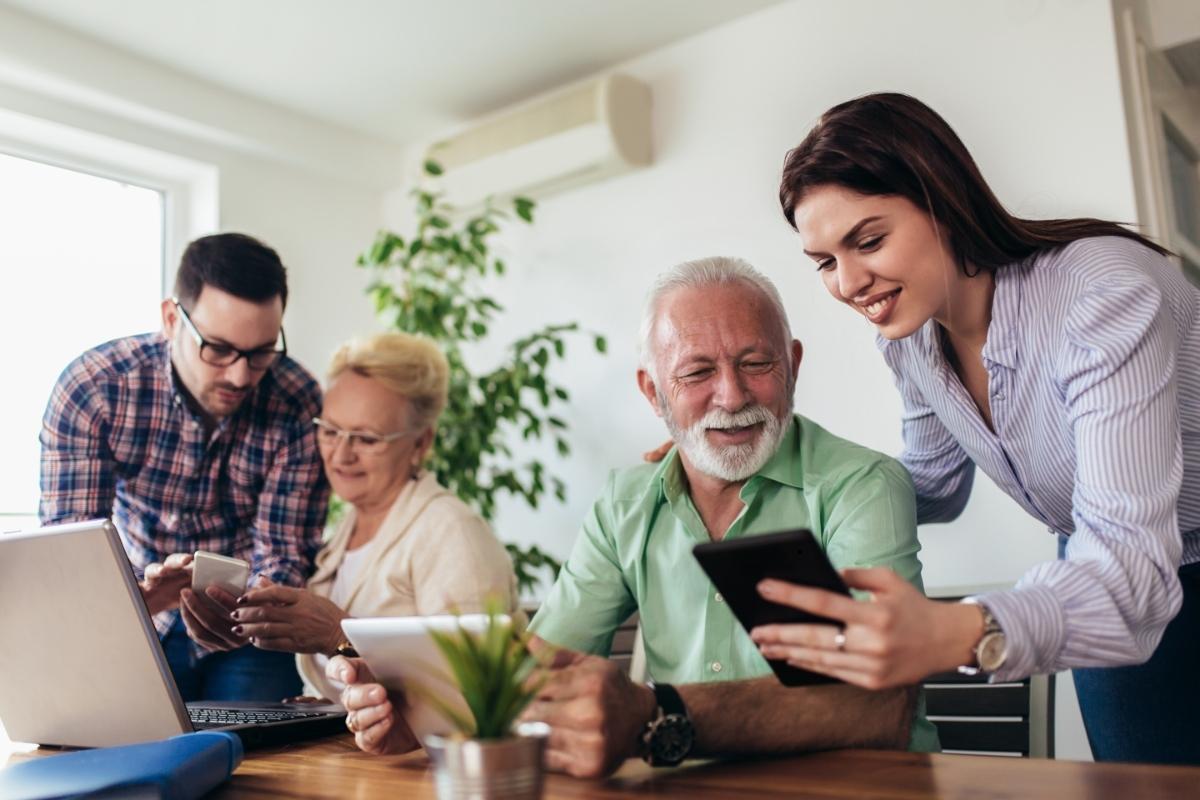Authors: Weissberg-Benchell J, Hessler D, Fisher L, Russell SJ, Polonsky WH.
Abstract
Objectives: The study assessed the psychosocial impact of the bihormonal bionic pancreas (BP) on adults in a real-world outpatient setting.
Research design and methods: Thirty-nine adults with type 1 diabetes at four study centers across the U.S. participated in a two-arm, random-order, crossover design study: 11 days with the BP and 11 days with their usual care (UC). Psychosocial questionnaires were administered before the first study arm, at the end of the first study arm, and at the end of the second study arm.
Results: The mean age of participants was 33 years; mean diabetes duration was 17 years; and 84% were non-Hispanic Caucasian. Significantly greater improvements in psychosocial outcomes were found following the use of BP versus UC; these included reductions in diabetes-related distress (P < 0.001) with the greatest drops in distress related to hypoglycemia and to eating constraints, and greater treatment satisfaction (P < 0.05). The majority of BP users described their experience as positive with a reduction in worrying about low (72%) and high (69%) blood sugars. The majority reported trusting the device (69%) and feeling less burdened by the BP than their usual method of diabetes care (64%). Concerns about the burden of the BP were also expressed, with >75% of users highlighting the burden of carrying around the equipment and the need to change glucagon daily, and more than half of the participants reporting concerns about wearability, discomfort, the time it took to correct out-of-range numbers, and “glitches” in the system.
Conclusions: Overall, participants report substantial psychosocial benefits accruing from the BP relative to their usual method of diabetes care. However, participants also reported a number of burdens associated with the system. Future versions of the BP device should be designed with the goal of addressing these concerns, and studies with larger, more diverse samples, and with more technology-naive participants are needed.
